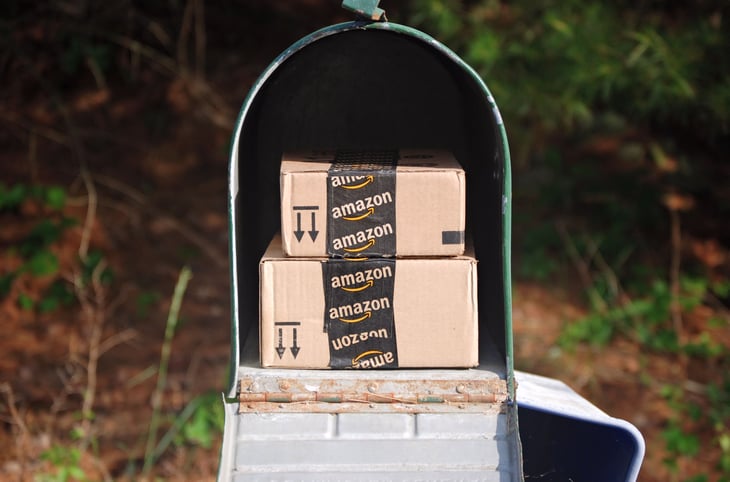
Amazon is one of the biggest retailers in the world. When it comes to shopping on Amazon, many people look for cost efficiency and convenience.
However, you might be making some common mistakes when you shop at the giant online retailer. If you want to avoid losing out, avoid these errors.
1. Not using Honey

Honey is a free browser extension that automatically searches for coupon codes for items in your online shopping cart to help you find the best prices. When applied to Amazon, though, Honey will compare different sellers’ prices for the same item — and even take into account shipping prices and whether you have an Amazon Prime membership.
In other words, when shopping on Amazon, you can be sure you’re getting the best deal when you use Honey.
2. Choosing the fastest delivery option

If you’re willing to wait a little longer for your items, you can choose no-rush shipping. In return for your patience, Amazon will give you an immediate discount on your current order or a reward that can save you money on a future purchase. As long as you don’t need something urgently, no-rush shipping can keep a little more money in your pocket.
3. Missing out on ‘secret’ Amazon departments

Amazon has a few secret departments where you can find some surprising deals on common items. Examples include:
You might be surprised at what you find when you start poking around. Don’t forget to check out these departments before you make a purchase.
4. Not using Ibotta

You can get cash back for using Ibotta to shop on Amazon. However, in order to do so, you need to actually shop on Amazon by launching from the Ibotta app. In other words, first open the Ibotta app and from there tap on “Amazon,” which will take you to the retailer’s site.
5. Getting hung up on a color

Did you know that color bias is a thing? Some items cost more because they are in a popular color. If you don’t absolutely need a certain color of item, you might be able to save money by choosing a less popular color. When looking at your choices, check to see if a different color costs less.
6. Assuming all reviews are authentic

Be aware that Amazon has had issues with fake reviews. So, you might be snookered into buying an item because of the good reviews — only to be disappointed and feel like you wasted your money.
Use websites like Fakespot and ReviewMeta to help you avoid that fate. These free tools specialize in analyzing reviews for specific product listings, looking for patterns that indicate that reviews may have been manipulated.
7. Being oblivious to dynamic pricing

Amazon uses dynamic pricing to try to squeeze the most profitability out of some products, so be aware that there are times when you might see higher prices. For example, if an item becomes popular and more people are searching for it on Amazon, the price might head higher.
So pay attention, and be aware that dynamic pricing could be at play. Better yet, use a tool like CamelCamelCamel to get pricing history — how the price of an item you are considering purchasing on Amazon has changed over time. That will help you better judge whether the item’s current price is worthwhile.
8. Assuming Amazon has the lowest price

Many people immediately assume that Amazon has the lowest price. Such assumptions might prevent you from shopping around. Don’t make this mistake. Amazon doesn’t always have the best prices, so consider shopping around. Your internet search engine of choice can help you find various deals quickly and easily.
9. Getting the latest product when it comes out

Just like any other retailer, Amazon generally offers lower prices on items from past seasons. This is true of gadgets and electronics, but also true of other items. If you’re willing to shop out of season for clothes, housewares and other items, you might be able to get a better deal, even on Amazon.
